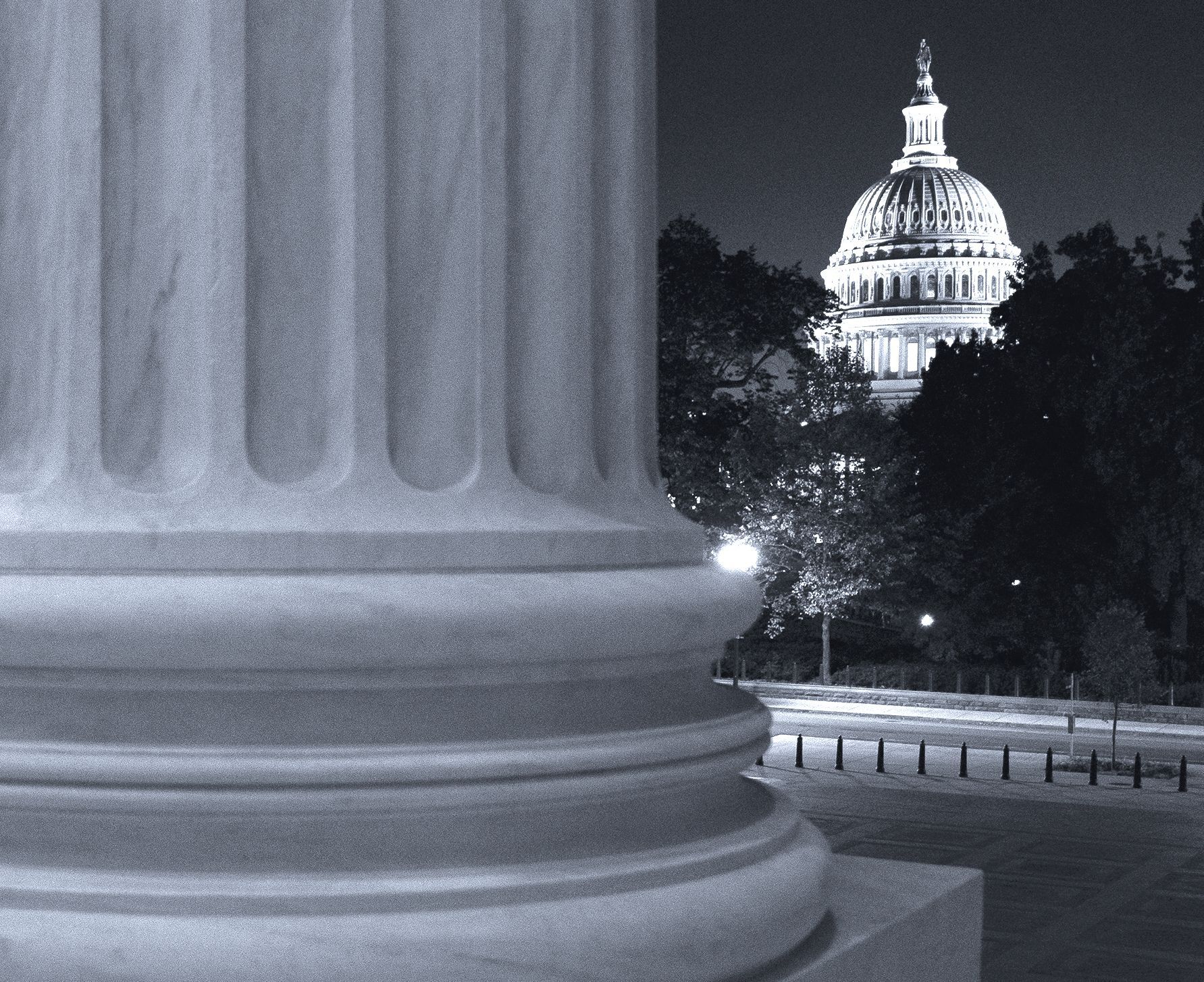
On August 20, 2024, a federal district court in Texas blocked the final rule issued by the Federal Trade Commission (FTC) that would have prohibited all for-profit employers nationwide from using non-compete agreements with any worker (the Rule) as an unfair method of competition. The Rule was set to take effect on September 4, 2024, and would have required employers to send notices to all current and former workers who had entered into covered non-compete agreements informing them that their covenants not to compete would not be enforced. The court’s decision bars the Rule from being enforced nationwide.
The FTC Rule: On April 23, 2024, the FTC approved the Rule, which: 1) prohibited employers from entering into post-employment non-competes with any worker (including, e.g., employees and independent contractors); 2) made unenforceable exiting non-compete agreements, except with “senior executives” making over $151,164 annually and with a policy-making position for the business; and 3) required employers to send a notice by September 4, 2024, to all current and former workers subject to a covered non-compete agreement informing them that their non-compete agreement will not be enforced against them.
Almost immediately upon being issued, the Rule was challenged by several parties in federal courts in various jurisdictions on the ground that the FTC exceeded its rulemaking authority. The Texas federal district court is the first court to enjoin the Rule on a nationwide basis.
The Texas District Court Decision: On August 20, 2024, Judge Ada Brown of the U.S. District Court for the Northern District of Texas, Dallas Division, issued a decision in Ryan LLC v. Federal Trade Commission1 setting aside the Rule on two bases: 1) the Rule is outside the FTC’s rulemaking authority, and 2) the Rule is “arbitrary and capricious” because it is unreasonably overbroad without reasonable explanation. In finding that the FTC exceeded its rulemaking authority, the court concluded that the text and structure of the Federal Trade Commission Act (FTC Act) indicate that Congress did not explicitly give the FTC substantive rulemaking authority regarding unfair methods of competition under Section 6(g), under which the FTC claims its authority for promulgating the Rule. Rather, Section 6(g) is a “housekeeping statute.” In finding the Rule “arbitrary and capricious,” the court held that the one-size-fits-all approach was not supported by the record. To the contrary, according to the court, the record demonstrated that states have taken different approaches to determining enforceability of covenants not to compete based on specific factual situations, and that no state has enacted a non-compete rule as broad as the FTC’s Rule. The court found that the FTC provided no evidence as to why it chose to impose such a sweeping prohibition. The court also took issue with the FTC’s apparent failure to sufficiently address alternatives to issuing the Rule or to consider the substantial body of evidence supporting the positive benefits of non-compete agreements.
The FTC’s Response: Following this ruling, an FTC spokesperson announced that the FTC is considering an appeal of the Texas district court’s ruling in Ryan and that the “decision does not prevent the FTC from addressing non-competes through case-by-case enforcement actions.” Indeed, in its decision, the Texas district court notes that the FTC is vested with the power to prevent the use of “unfair methods of competition.” Even prior to issuing the Rule, the FTC was authorized to hold hearings if it believed a party was using unfair methods of competition and was vested with the power to issue cease and desists orders if it concluded that a party had engaged in prohibited conduct. The FTC’s statement indicates that it will continue to exercise its authority to review employers’ use of noncompetition agreements on a case-by-case basis.
Appeals and U.S. Supreme Court Intervention: The Texas decision is one of several challenges to the Rule pending in federal courts. Just last month, a federal district court judge in Pennsylvania declined to block the Rule based on findings that directly contradict the Texas federal court’s decision. In particular, the Pennsylvania court rejected the notion that the FTC acted outside its authority, reasoning that the FTC Act’s directive to prevent unfair methods of competition “inherently contemplates” the type of authority exercised in connection with the Rule. The Pennsylvania court also disagreed that the Rule was overbroad based on Supreme Court authority suggesting that Congress intended for the FTC to have “broad and flexible authority.” While the Texas decision grants businesses a reprieve from the notice obligation and maintains their ability to enter into and enforce non-compete agreements for the time being, it is likely that the dispute over the enforceability of the Rule will continue in the appellate courts. Plaintiffs in the other cases may argue that the Ryan ruling makes their case moot because the Northern District of Texas declared the Rule unlawful. If the other cases do proceed, conflicting rulings by federal district courts also create a high probability of Supreme Court intervention.
Effect on Companies: As a result of the Texas district court’s ruling, employers are relieved of the obligation to notify workers that their covenants not to compete are unenforceable. Employers also may continue to enter into and enforce noncompetition agreements with workers as permitted by applicable state law. However, given the conflicting rulings and the uncertainty regarding the ultimate determination of the Rule’s enforceability, employers should continue to consider alternative options for protecting non-public, competitively sensitive information.
For more information, please reach out to Marina Tsatalis, Jason Storck, or Matt Gorman in Wilson Sonsini’s employment and trade secret litigation practice or Maureen Ohlhausen, Taylor Owings, or any other member of the antitrust and competition practice for assistance.
[1] Ryan LLC v. Federal Trade Commission, Case No. 24-cv-986 (N.D. Tex. 2024).
- Privacy Policy
- Terms of Use
- Accessibility